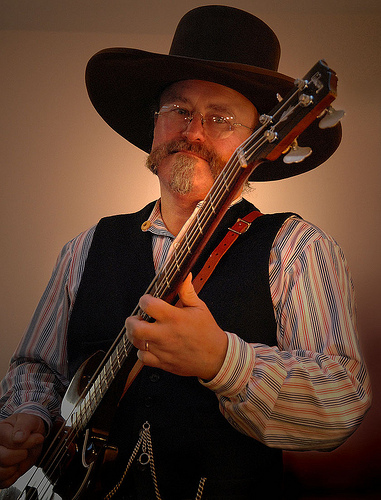
Could you tell us about your background?
I was born in
Hannover
Could you give a brief description of your book ‘an
odd boy’ Volume I?
It’s a
monothematic memoire of the Arts between 1957 and 1975 – written as a novel
with dialogue. Volume I covers the years 1957 to 1968 and concentrates
mostly on poetry and the formation of the Savage Cabbage Blues Band. There’s a
thread of romance that runs through the book – because I see romance as
inseparable form Art. You have to be in love with colour, sound, shape and form
to be an artist – and so romantic love naturally reflects the dimension of
creativity. In a way the book is a description of a young lad’s rebellion
against pedestrian normality.
What was the hardest part of
writing ‘an odd boy’?
Knowing where to
stop. As it is . . . the four volumes of ‘an odd boy’ runs to little
short of Tolstoy’s ‘War and Peace’. There are so many episodes that had to
remain unwritten. There were always many fascinating facts I had to omit.
I was given the good advice to ‘kill the kittens’ but doing so was sometimes
painful. ‘Kittens’ are the aspects of the book you love – but which
detract from the flow and dynamism of the book.
What
books have had the greatest influence on you?
Shakespeare and the Beat Poets. That’s my
immediate answer – and it probably deliberately provocative. It’s hard to
say which books have had the greatest influence – because I have been
influenced by so many authors. Historical novels. I particularly love
Jane Austen – for her wit and irony. I have great respect for Patrick
O’Brien. His nineteen volume sea faring odyssey set during the Napoleonic Wars
is a remarkable tour de force. It’s also delightfully informative on subjects
as divergent as 18th Century psychology and medicine to
anthropology and sociology. I suppose ‘an odd boy’ attempts to be informative
in similar style vis-à-vis Blues and the Arts.
Briefly, what have you done to market ‘an odd boy’?
Very little
myself – it was all arranged by my marvellous publishers. they began
with a Facebook launch, which involved two hours question-answering in relation
to ‘an odd boy’. The questions were mainly based on extracts that I’d been
posting on FaceBook over the last year. The extracts were culled from the
website dedicated to ‘an odd boy’ we’ve received some delightful endorsements
from international Blues performers such as Sugar Blue, Deborah Magone,
and CJ Tozer. I’ve been happy to discover that ‘an odd boy’ now has 5
star reviews on Amazon, Lulu, and other websites. We held a book signing
evening in
How do
you spend your time when you are not writing?
Enjoying my family
– there’s laughter and fun in our home. We play and listen to music, read,
paint – and we all ride horses. We also watch movies – mainly period drama. Of
course my writing time extends beyond literature to answering email from our
students and composing periodic epistles for the same. I travel to the
What
are you working on next?
Yes - there is
still editing work to carry out on the next three volumes of ‘an odd boy’.
After writing ‘an odd boy’ I wrote ‘wisdom eccentrics’ a book about my time in
the
Join 12,000+ Authors
* 14 day FREE trial. No credit card required.If you're an author or publisher, you've come to the right place. BookBuzzr provides one of the most comprehensive set of book-marketing technologies and services in the world. We're constantly adding new features in a race with ourselves to build technologies that will help your books fly out of book-stores.